

Articles
How To Dispose Of Granite Countertops
Modified: January 18, 2024
Learn the proper way to dispose of granite countertops in this informative article. Find out the best practices for recycling or reusing old granite surfaces.
(Many of the links in this article redirect to a specific reviewed product. Your purchase of these products through affiliate links helps to generate commission for Storables.com, at no extra cost. Learn more)
Introduction
When it comes to home renovation projects, one material that has gained immense popularity is granite countertops. Known for their durability, beauty, and long lifespan, granite countertops have become a staple in modern kitchens and bathrooms. However, there may come a time when you need to dispose of your granite countertops – whether it’s due to a remodeling project or simply wanting to upgrade to a different style.
When it comes to disposing of granite countertops, it’s important to do so in an eco-friendly and responsible manner. This article will guide you through the process of disposing of granite countertops, ensuring that you make the right choices along the way.
Before you begin the disposal process, it’s essential to assess the condition of your granite countertops. This will help determine the appropriate disposal method, whether it’s through recycling, donation, or repurposing. Let’s delve into the steps involved in disposing of granite countertops responsibly.
Key Takeaways:
- Assess the condition of your granite countertops to determine if they can be reused, donated, repurposed, or recycled, ensuring responsible disposal and minimizing environmental impact.
- Consider hiring a professional removal service to safely and efficiently remove granite countertops, and explore options such as reusing, donating, repurposing, or recycling to minimize waste and contribute to sustainable practices.
Read more: How To Install Granite Countertops
Step 1: Assess the Condition of Your Granite Countertops
The first step in disposing of your granite countertops is to assess their condition. Determine if the countertops are still in good shape and if they can be reused or repurposed. This assessment will help you decide the most suitable disposal method.
Start by examining the surface of the granite countertops. Look for any visible signs of damage, such as cracks, chips, or deep scratches. Minor surface imperfections can often be repaired, so if the damage is minimal, you might consider repairing the countertops instead of disposing of them.
Next, check the structural integrity of the countertops. Are they securely attached to the cabinets or are they loose? If they are loose, it might be a sign that the installation was not done properly or that the countertops have weakened over time. In such cases, it is advisable to remove and replace the countertops rather than reusing them.
Consider the style and color of your granite countertops as well. If they are outdated or do not match your current aesthetic preferences, you might want to explore alternative disposal methods. However, if the style and color are still in line with your desired look, you can consider reusing them or donating them to someone in need.
Lastly, assess the overall condition of the granite countertops in terms of cleanliness and maintenance. Are there any stubborn stains or signs of heavy wear? If the countertops are clean and well-maintained, it increases the chances of them being reused or donated.
By thoroughly assessing the condition of your granite countertops, you will have a clearer understanding of their disposal options. It will help you make an informed decision and choose the most suitable method that minimizes waste and benefits both the environment and others who could benefit from the countertops.
Step 2: Determine the Disposal Method
Once you have assessed the condition of your granite countertops, the next step is to determine the most appropriate disposal method. Depending on the condition of the countertops and your personal preferences, there are several options to choose from.
1. Reuse: If your granite countertops are in good condition and still have plenty of life left in them, consider reusing them in another part of your home or in a different project. For example, you could repurpose them as a tabletop, bathroom vanity, or outdoor countertop. This not only helps reduce waste but also gives your countertops a new lease on life.
2. Donation: Another option is to donate your granite countertops to someone in need. Many charitable organizations and non-profit groups accept donations of building materials, including countertops. Look for local organizations or community centers that specialize in home improvement projects or helping families in need. By donating your countertops, you can help someone in need while also reducing waste.
3. Repurpose: If you have a creative streak, consider repurposing your granite countertops into unique and functional items. From cutting boards and coasters to garden stepping stones and decorative pieces, there are countless ways to repurpose granite. Get inspired by browsing online DIY projects or consulting with local artisans who specialize in repurposing materials.
4. Recycling: If reusing, donating, or repurposing is not possible, recycling is the next best option. Granite countertops can be recycled into various products, such as gravel, pavers, or even new countertops. Contact local recycling centers or stone fabricators in your area to inquire about their granite recycling programs. They will be able to guide you on the proper disposal process and ensure that the granite is recycled into new materials.
5. Responsible Disposal: If none of the above options are viable, it is crucial to dispose of your granite countertops responsibly. Do not simply throw them in the trash or dump them in a landfill. Check with your local waste management facility for specific instructions on how to dispose of construction and demolition debris. They may have designated drop-off locations or services for large items like granite countertops.
When determining the disposal method for your granite countertops, consider the condition of the countertops, your personal preferences, and the environmental impact of each option. Choose a method that aligns with your values and allows you to make the most responsible choice for both the environment and your community.
Step 3: Hire a Professional Removal Service
Once you have determined the disposal method for your granite countertops, the next step is to consider hiring a professional removal service. While you may have the option to remove the countertops yourself, enlisting the help of professionals can make the process safer and more efficient.
Here are a few reasons why hiring a professional removal service is beneficial:
- Expertise: Professional removal services have experience and expertise in handling heavy and delicate items like granite countertops. They know the most effective techniques to safely remove the countertops without causing damage to your property or injuring themselves.
- Equipment: Removing granite countertops requires specialized tools and equipment. Professional removal services are equipped with the necessary tools to disassemble and transport the countertops safely. They have the knowledge to handle the countertops with care, minimizing the risk of accidents or damage.
- Efficiency: Removing granite countertops can be a time-consuming task, especially if you’re not familiar with the process. Professional removal services have the skills and resources to complete the job efficiently, saving you time and effort. They can disassemble and remove the countertops quickly, allowing you to proceed with your renovation or disposal plans promptly.
- Safety: Granite countertops are heavy and can pose a safety hazard if not handled properly during removal. Professional removal services are trained in proper lifting techniques and have the necessary equipment, such as straps and dollies, to ensure safe removal. Hiring professionals minimizes the risk of personal injury or damage to your property.
When choosing a professional removal service, make sure to do your research and select a reputable company with experience in handling granite countertops. Consider reading reviews and getting recommendations from friends or contractors who have previously used removal services.
Communicate your specific needs and requirements to the removal service, such as the number and size of the countertops, the condition of the countertops, and the chosen disposal method. This will help them prepare and provide you with an accurate cost estimate for their services.
By hiring a professional removal service, you can ensure that your granite countertops are safely and efficiently removed from your property, setting the stage for the next steps in the disposal process.
When disposing of granite countertops, consider repurposing them for other projects such as outdoor tables or garden stepping stones. You can also contact local recycling centers to see if they accept granite for reuse.
Step 4: Reuse or Donate the Granite Countertops
Once the granite countertops have been removed from your property, you have the option to either reuse them or donate them to someone in need. This step is crucial in minimizing waste and maximizing the lifespan of the countertops.
Reusing Granite Countertops:
If your granite countertops are still in good condition and fit your design preferences, consider reusing them in another part of your home or in a different project. Here are a few ideas for reusing granite countertops:
- Install them in a different room: If you’re renovating a kitchen but the countertops are still in great shape, consider installing them in your bathroom, laundry room, or outdoor kitchen.
- Create a kitchen island: Repurpose the countertops as a kitchen island, providing additional workspace and storage in your kitchen.
- Build outdoor features: Use the granite countertops to create an outdoor bar, grill area, or even a patio table.
- Repurpose as furniture: Cut the granite into smaller pieces to create unique furniture items like coffee tables, side tables, or even decorative shelves.
Reusing granite countertops not only saves you money but also reduces the demand for new materials, making it an eco-friendly option.
Donating Granite Countertops:
If you don’t have a need for the granite countertops or prefer a different style, donating them can be a great option. There are several avenues to consider when donating granite countertops:
- Charitable organizations: Look for non-profit organizations or charitable groups that accept building materials. Habitat for Humanity ReStore, for example, is a popular option that resells donated items to support their mission of providing affordable housing.
- Community centers: Check with local community centers, schools, or organizations that focus on home improvement projects or community development. They may be in need of building materials, including granite countertops, for their initiatives.
- Online platforms: Utilize online platforms and classified websites to find individuals or organizations who may be interested in receiving your donated countertops. Ensure to clearly specify the condition and dimensions of the countertops to attract potential recipients.
Donating your granite countertops not only benefits those in need but also diverts waste from landfills, allowing the countertops to continue serving a purpose in a new setting.
By reusing or donating your granite countertops, you contribute to sustainable practices and the circular economy, ensuring that valuable resources are not wasted and can benefit others.
Read more: How Durable Is Granite Countertops
Step 5: Repurpose the Granite in Creative Ways
If reusing or donating your granite countertops is not feasible, consider repurposing them in creative ways. Repurposing allows you to give new life to the granite, transforming it into unique and functional items that can add character to your home or outdoor space.
Here are some creative ideas for repurposing granite:
- Cutting boards or serving trays: Cut the granite into smaller pieces and polish the edges to create beautiful and durable cutting boards or serving trays. These can be a stylish addition to your kitchen or a thoughtful homemade gift.
- Garden stepping stones: Use small sections of granite as stepping stones in your garden or as decorative accents. The granite’s natural beauty and durability make it a great choice for outdoor use.
- Coasters: Cut the granite into smaller, coaster-sized pieces and add a protective backing to prevent scratching. These granite coasters will not only protect your tables but also add a touch of elegance to your home decor.
- Fireplace surround: If you have a fireplace, repurpose the granite as a stylish surround. The heat-resistant properties of granite make it an ideal material for this purpose, providing both functionality and aesthetic appeal.
- Decorative accents: Use smaller remnants of granite as decorative accents throughout your home. These could include bookends, paperweights, or even custom-made clocks. Let your creativity guide you as you repurpose the granite into unique and eye-catching decor pieces.
When repurposing granite, it’s important to have the necessary tools and skills to handle and shape the material safely. If you’re not confident in your ability to work with granite, consider consulting with a professional or hiring a stone fabricator who specializes in custom creations.
Repurposing your granite countertops not only keeps them out of landfills but also adds a personal touch to your living space. It allows you to showcase your creativity while extending the lifespan of the granite, making it a sustainable and aesthetically pleasing choice.
Step 6: Recycle the Granite Materials
If reusing, donating, or repurposing your granite countertops is not feasible, recycling the materials is a responsible and eco-friendly option. Granite can be recycled and repurposed into various products, reducing the demand for new materials and minimizing waste.
Here are some steps to follow for recycling your granite materials:
1. Research local recycling centers: Start by researching local recycling centers or stone fabricators that offer granite recycling services. They may have specific guidelines or requirements for accepting granite materials. It’s important to find a reputable recycling facility that has experience processing granite.
2. Contact the recycling center: Reach out to the recycling center and inquire about their specific requirements for accepting granite materials. They may ask for the dimensions, weight, and condition of the countertops to determine if they can be accepted. They may also provide you with information on drop-off locations or pick-up services.
3. Prepare the granite materials: Before recycling, you may need to remove any non-granite components, such as sink or faucet fixtures. Take care to dismantle the countertops safely, following any instructions or guidelines provided by the recycling center. This ensures that the materials can be processed efficiently.
4. Transport the materials: If the recycling center requires you to drop off the granite materials, make arrangements for transportation. Since granite countertops can be heavy and cumbersome, it’s advisable to use a truck or a professional transportation service to ensure safe delivery.
5. Follow recycling center guidelines: Once at the recycling center, follow their specific instructions for unloading and disposing of the granite materials. Some centers may have designated areas or procedures for accepting construction and demolition waste, including granite countertops. Ensure that you comply with their guidelines to facilitate the recycling process.
6. Support recycled granite products: After recycling your granite countertops, consider supporting products made from recycled granite. From gravel and pavers to new countertops or building materials, there are various products available that utilize recycled granite. By choosing these products, you contribute to the circular economy and encourage sustainable practices.
Recycling granite countertops not only diverts waste from landfills but also conserves natural resources. It helps reduce the need for extracting new raw materials and minimizes the environmental impact associated with quarrying and manufacturing processes.
Remember to check with local recycling centers or stone fabricators to ensure they accept granite materials for recycling. They can provide you with valuable guidance and ensure that your granite countertops are recycled in an environmentally responsible manner.
Conclusion
Disposing of granite countertops does not have to contribute to environmental waste. By following the steps outlined in this article, you can responsibly handle the disposal process while minimizing the impact on the environment. Assessing the condition of your countertops will help determine whether they can be reused, donated, repurposed, or recycled.
If your granite countertops are still in good shape, consider reusing them in another part of your home or donating them to organizations or individuals in need. Repurposing the granite into creative and functional items is another excellent option to give it a new lease on life.
If reuse or donation is not feasible, recycling the granite materials is the responsible choice. Research and contact local recycling centers or stone fabricators that specialize in granite recycling to ensure proper disposal and repurposing of the materials.
Remember, hiring a professional removal service can make the process safer and more efficient, especially when dealing with heavy and delicate granite countertops. Their expertise and equipment will ensure the countertops are removed without causing damage or injuries.
By following these steps, you can contribute to sustainable practices and reduce waste in the renovation and home improvement process. Responsible disposal of granite countertops not only benefits the environment but also provides opportunities for others to enjoy the beauty and durability of this natural stone.
Take the time to explore these options and choose the best course of action for your granite countertops. By doing so, you can make a positive impact and contribute to a more sustainable future.
Frequently Asked Questions about How To Dispose Of Granite Countertops
Was this page helpful?
At Storables.com, we guarantee accurate and reliable information. Our content, validated by Expert Board Contributors, is crafted following stringent Editorial Policies. We're committed to providing you with well-researched, expert-backed insights for all your informational needs.
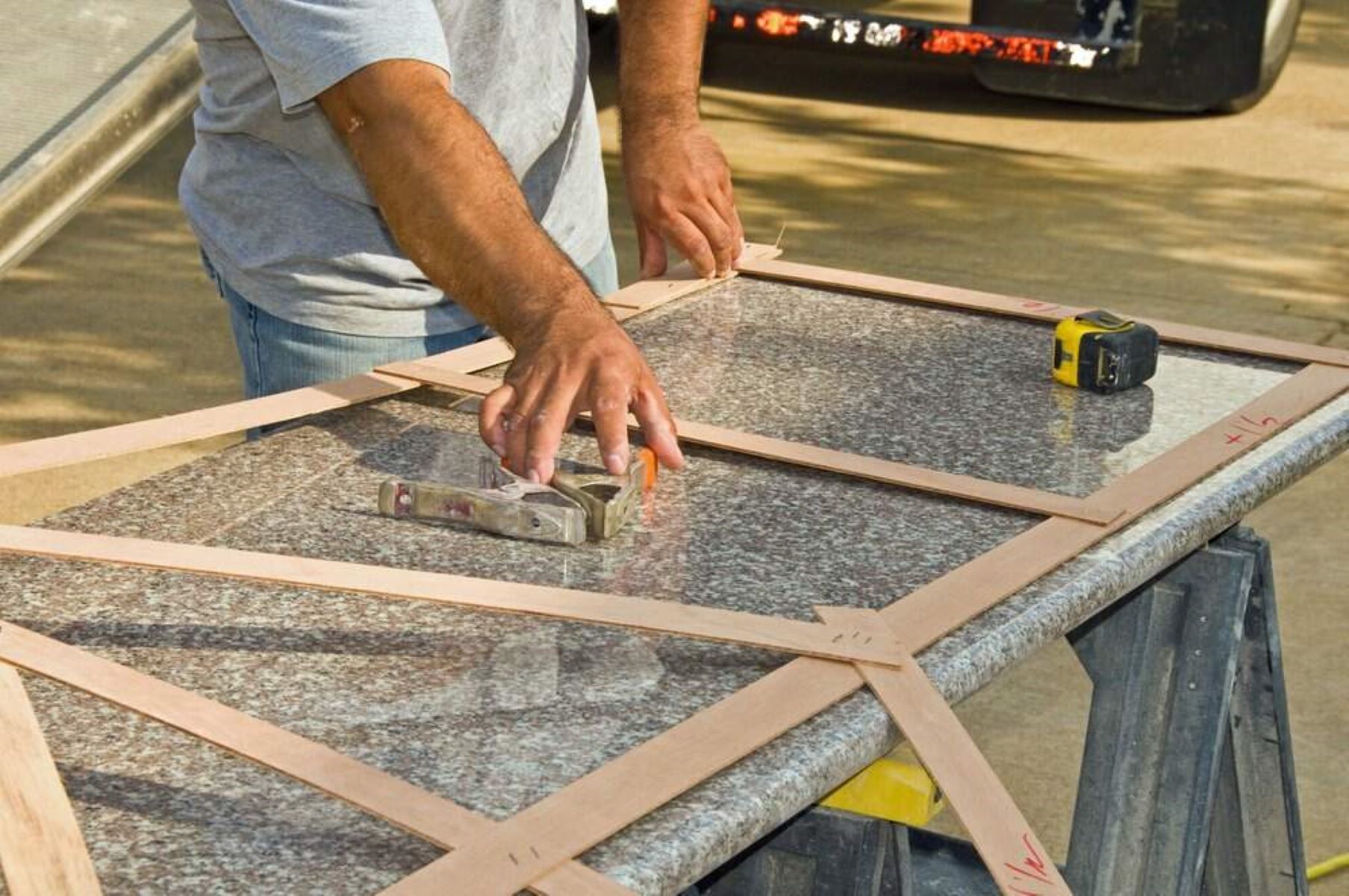
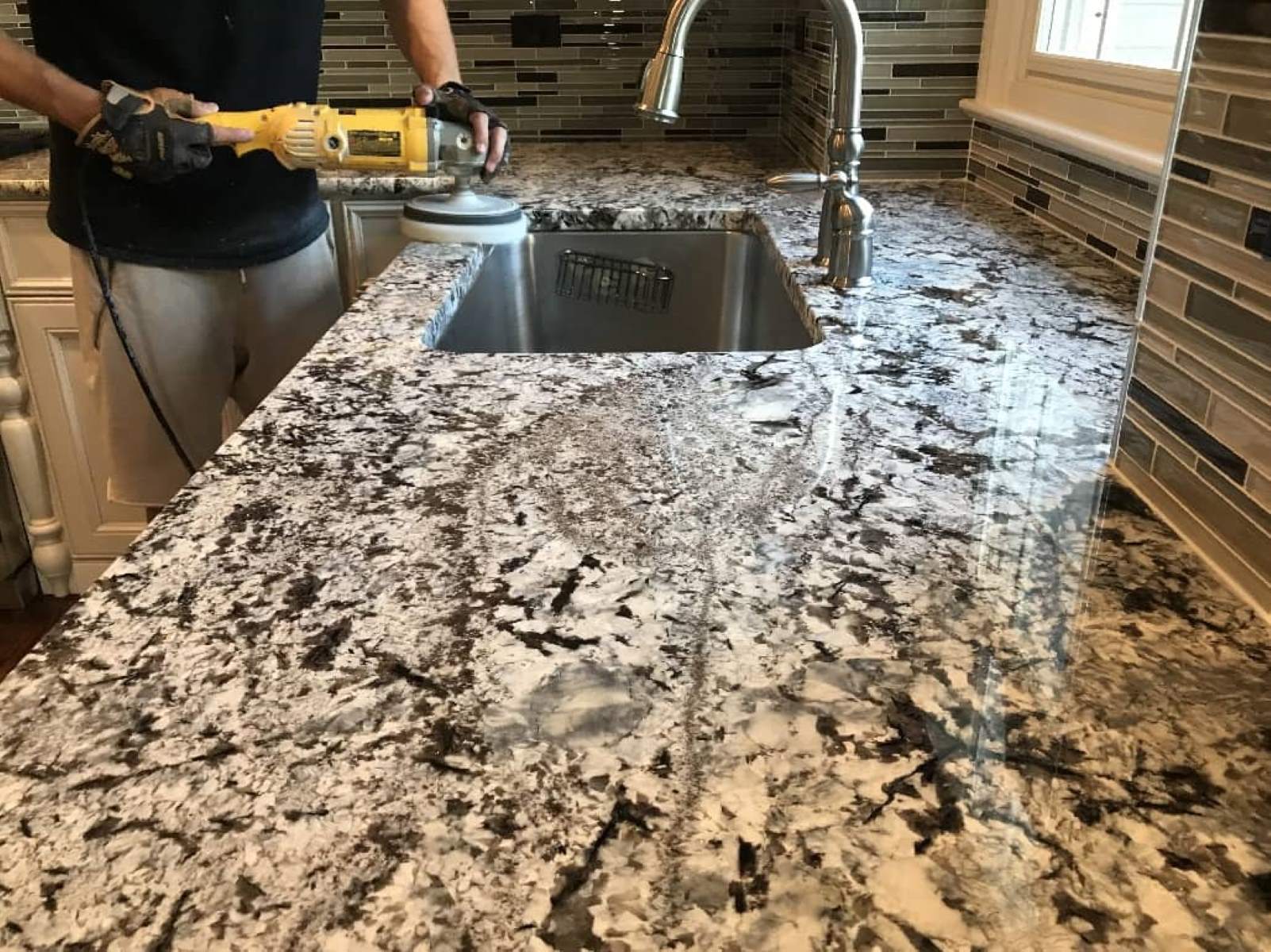
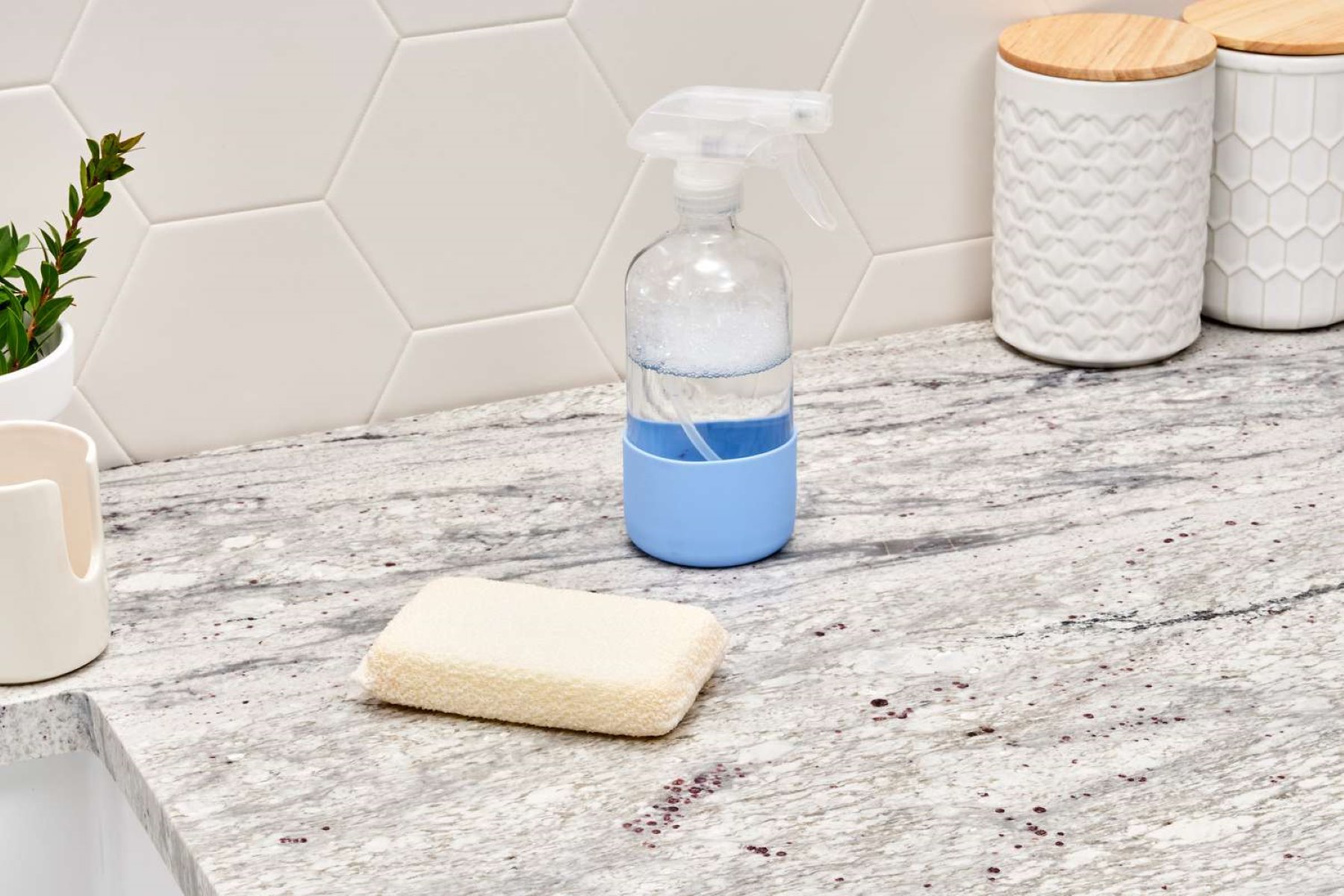

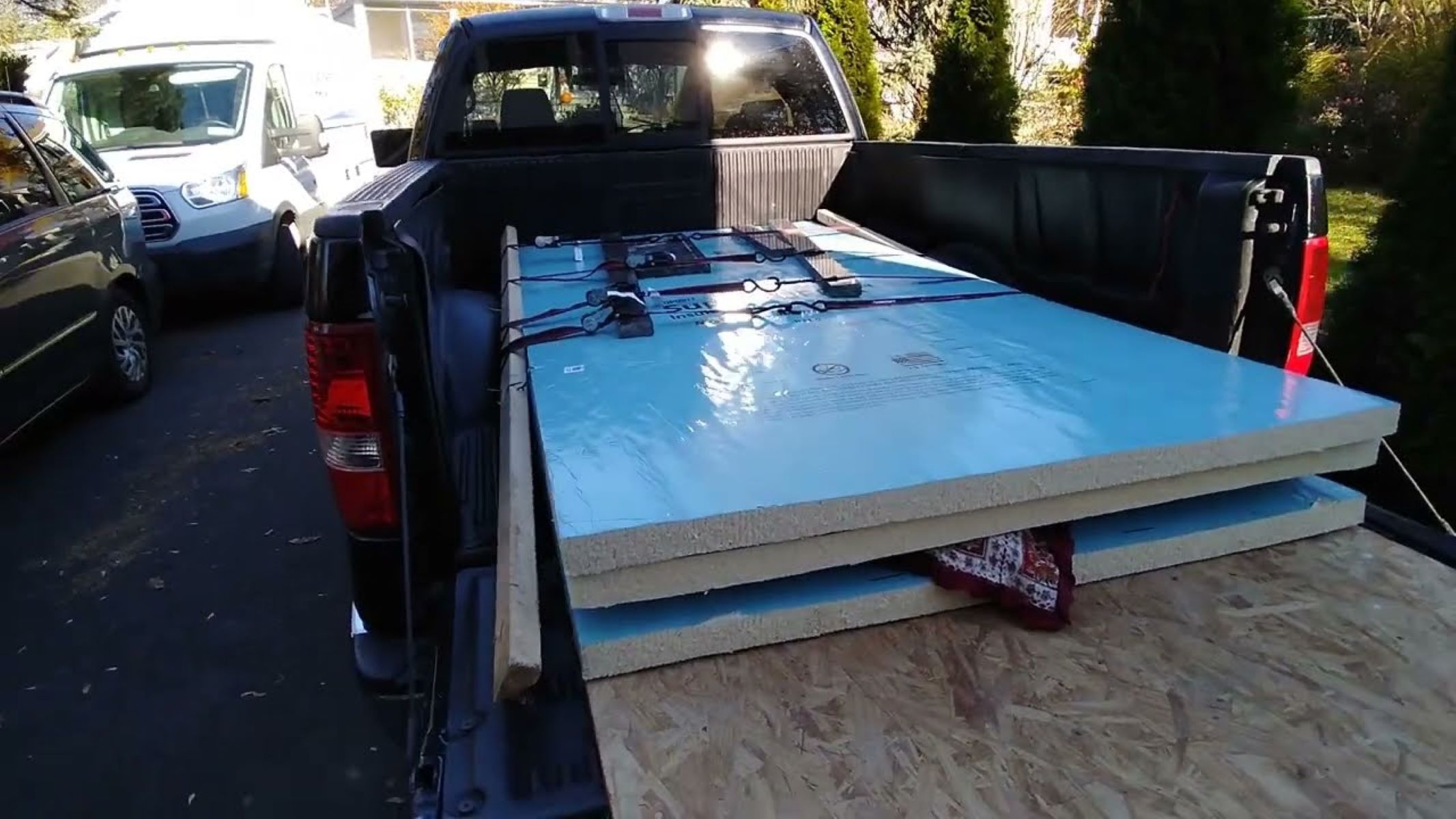
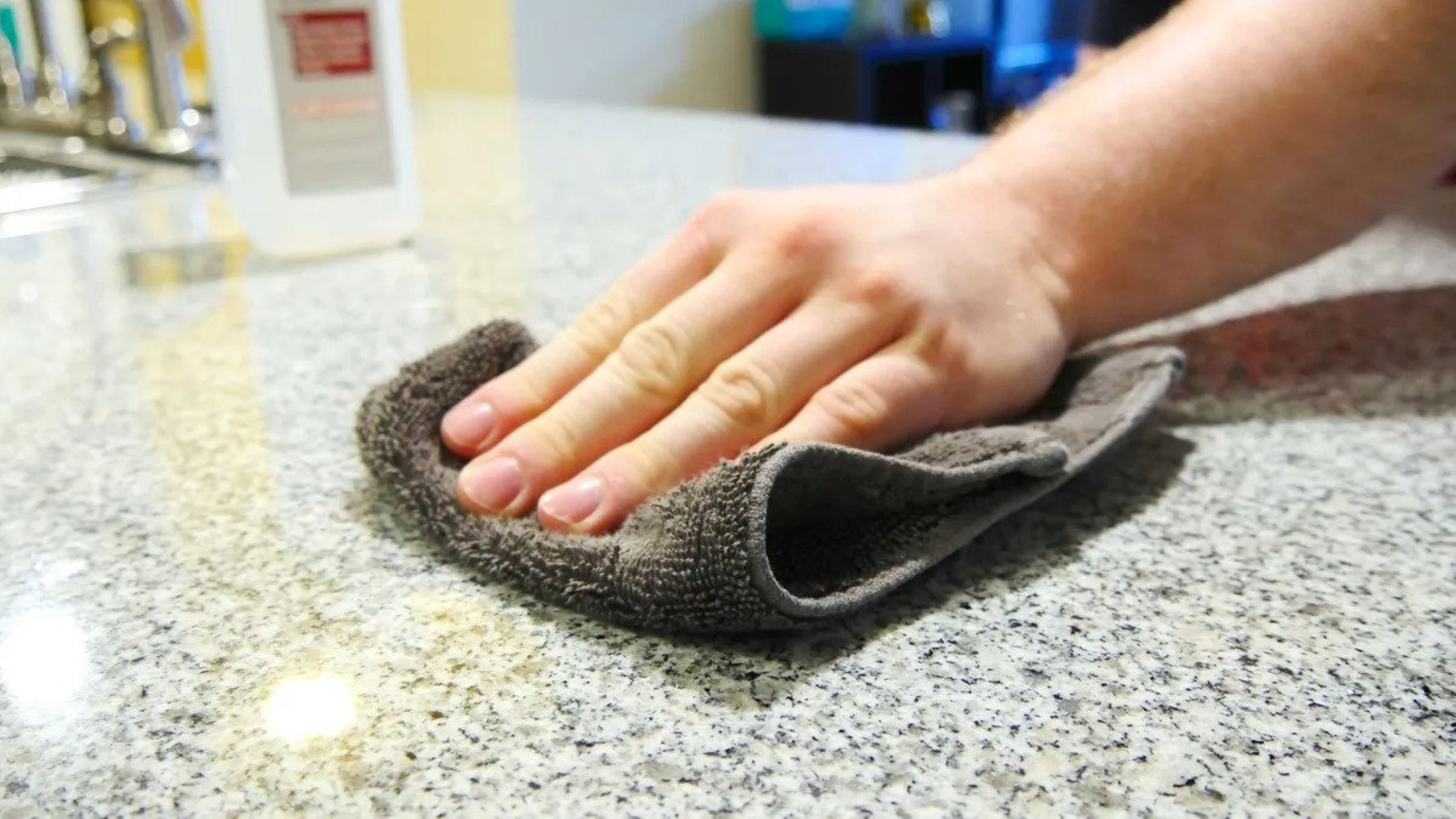

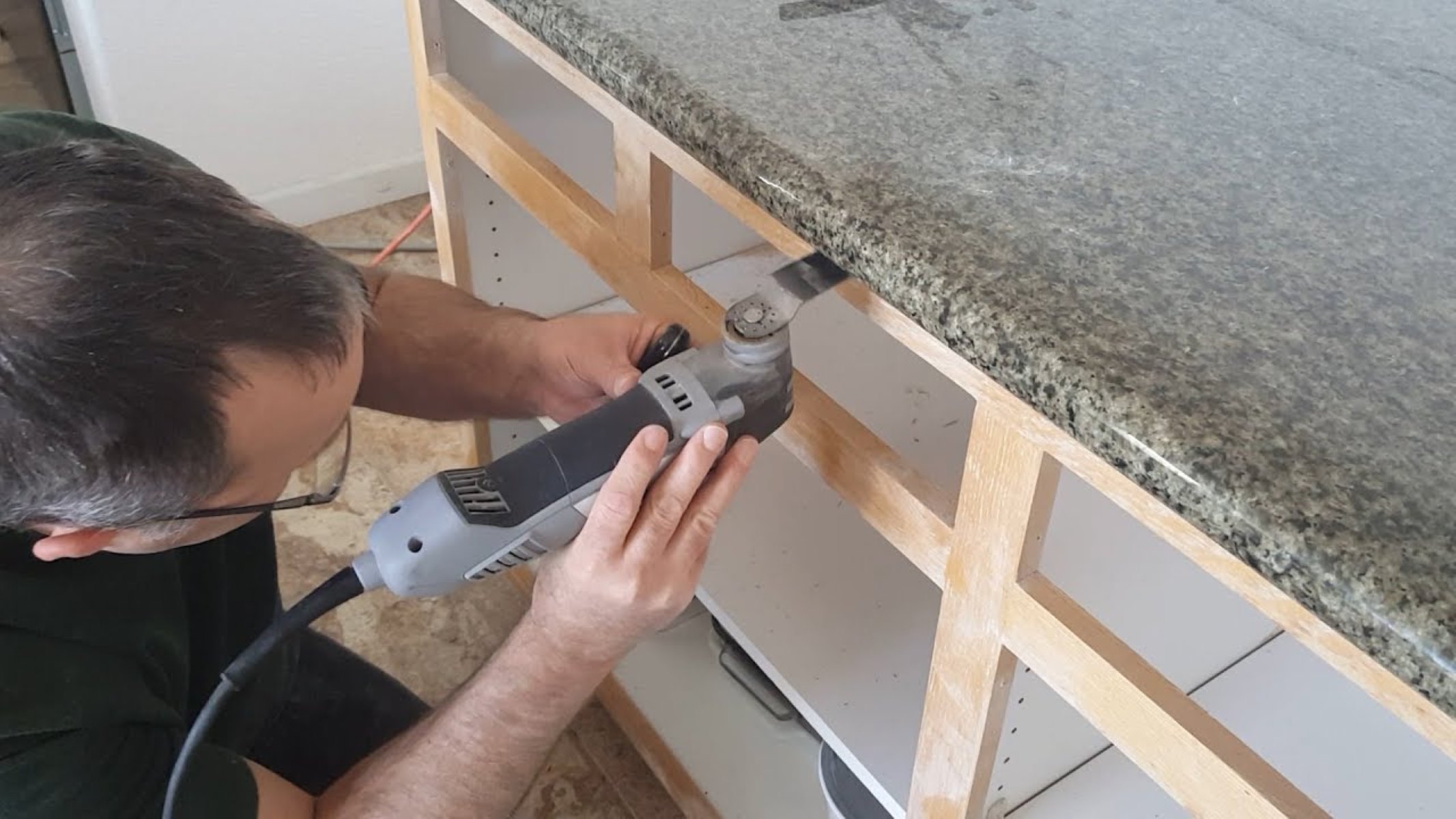
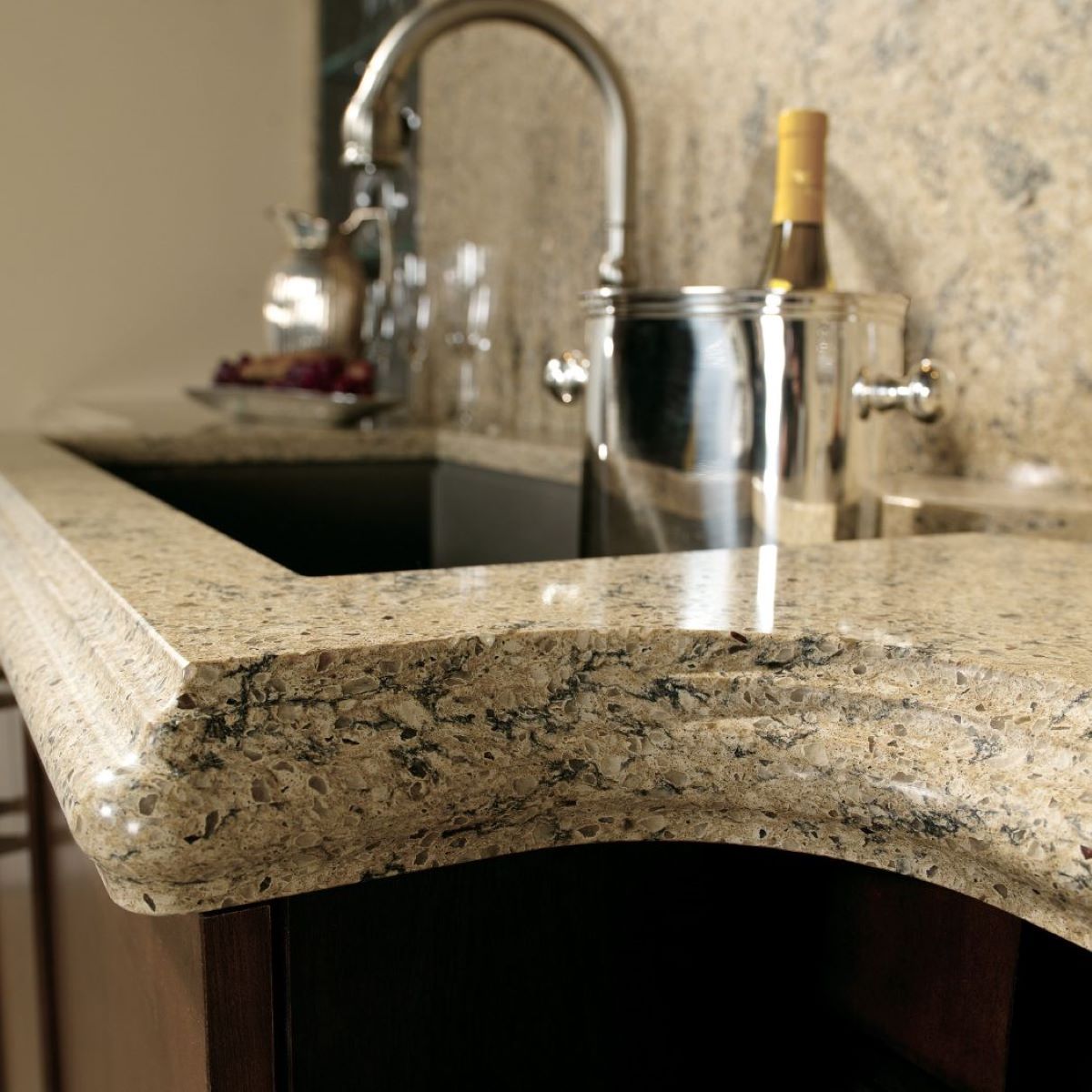
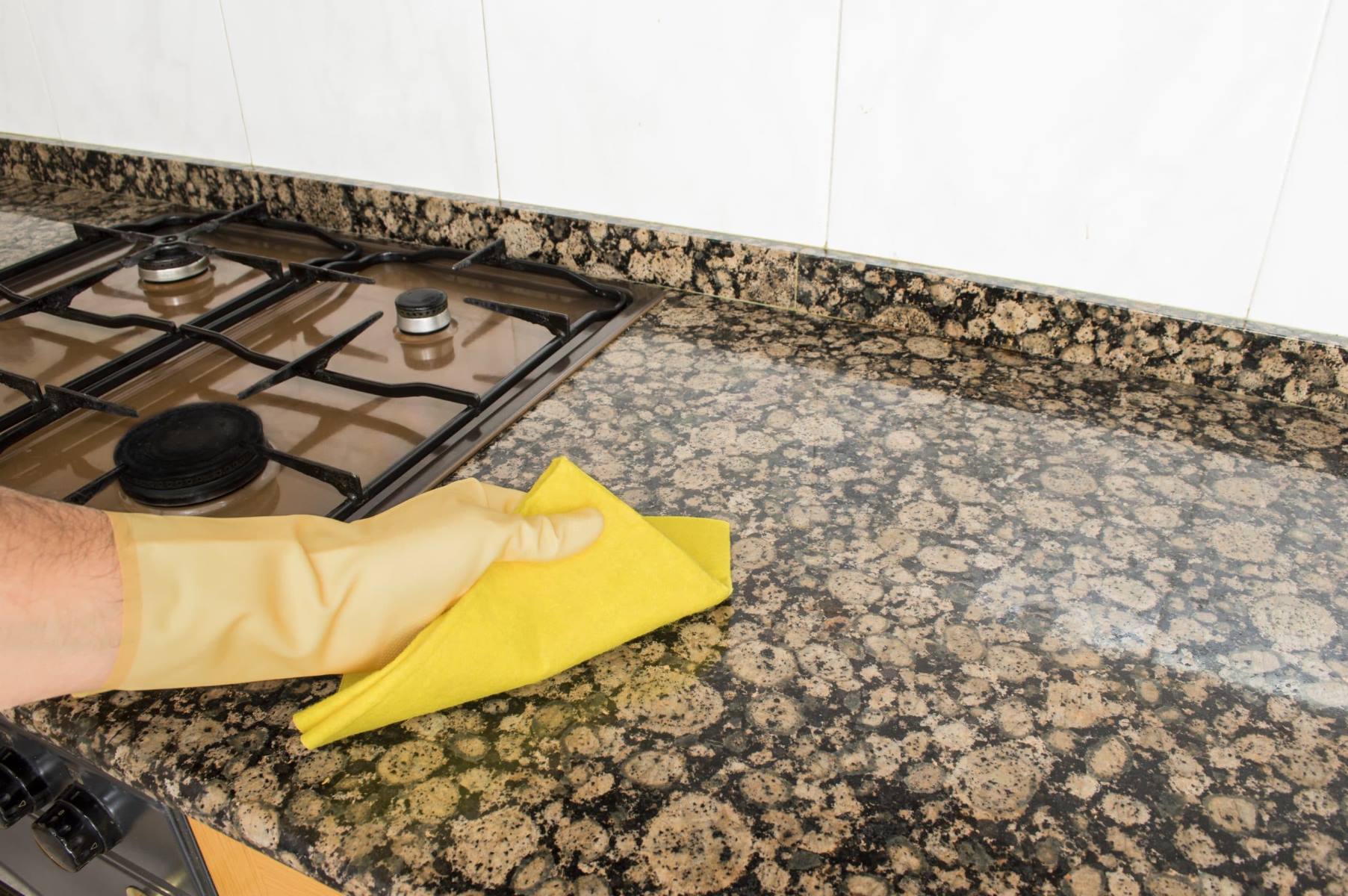
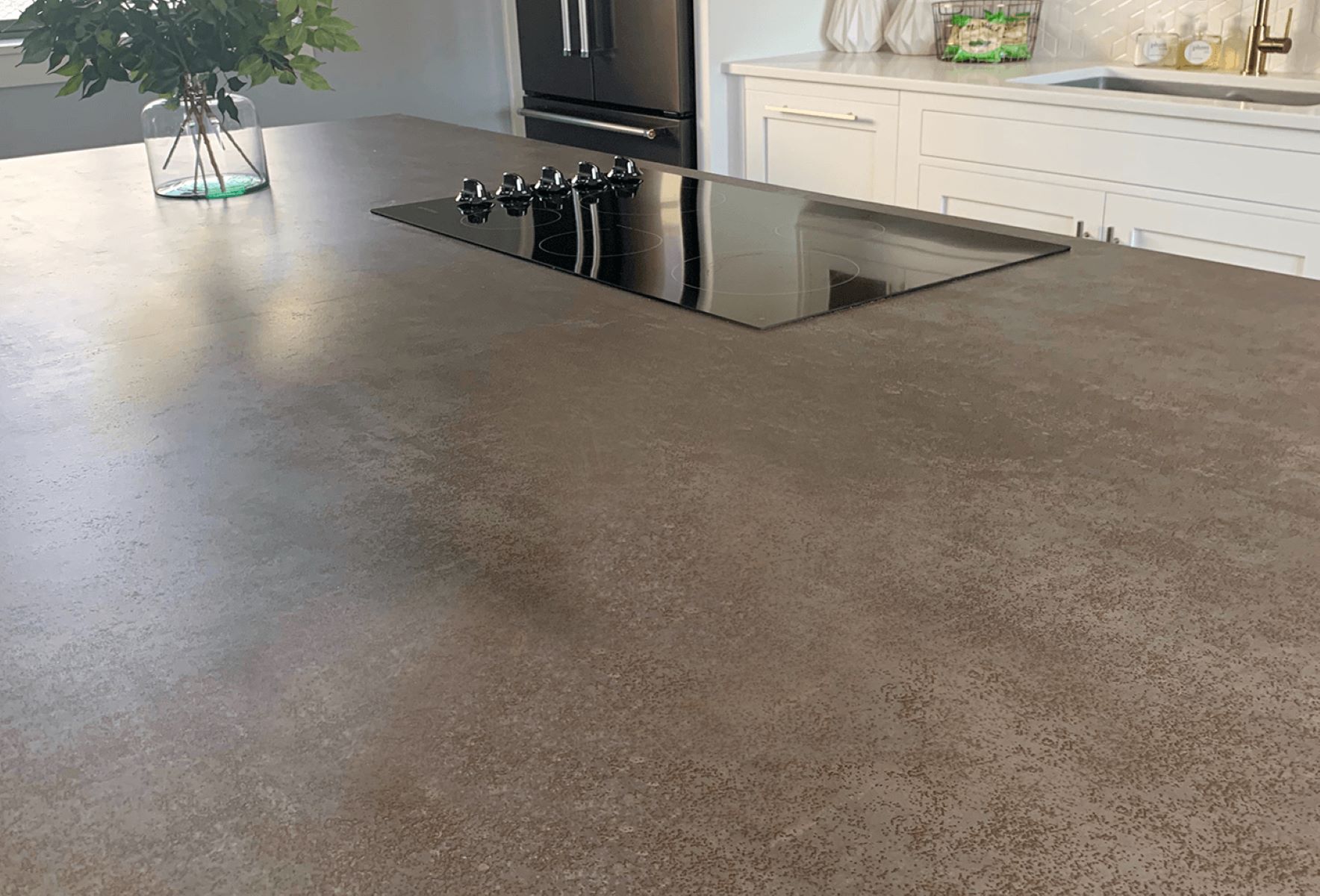
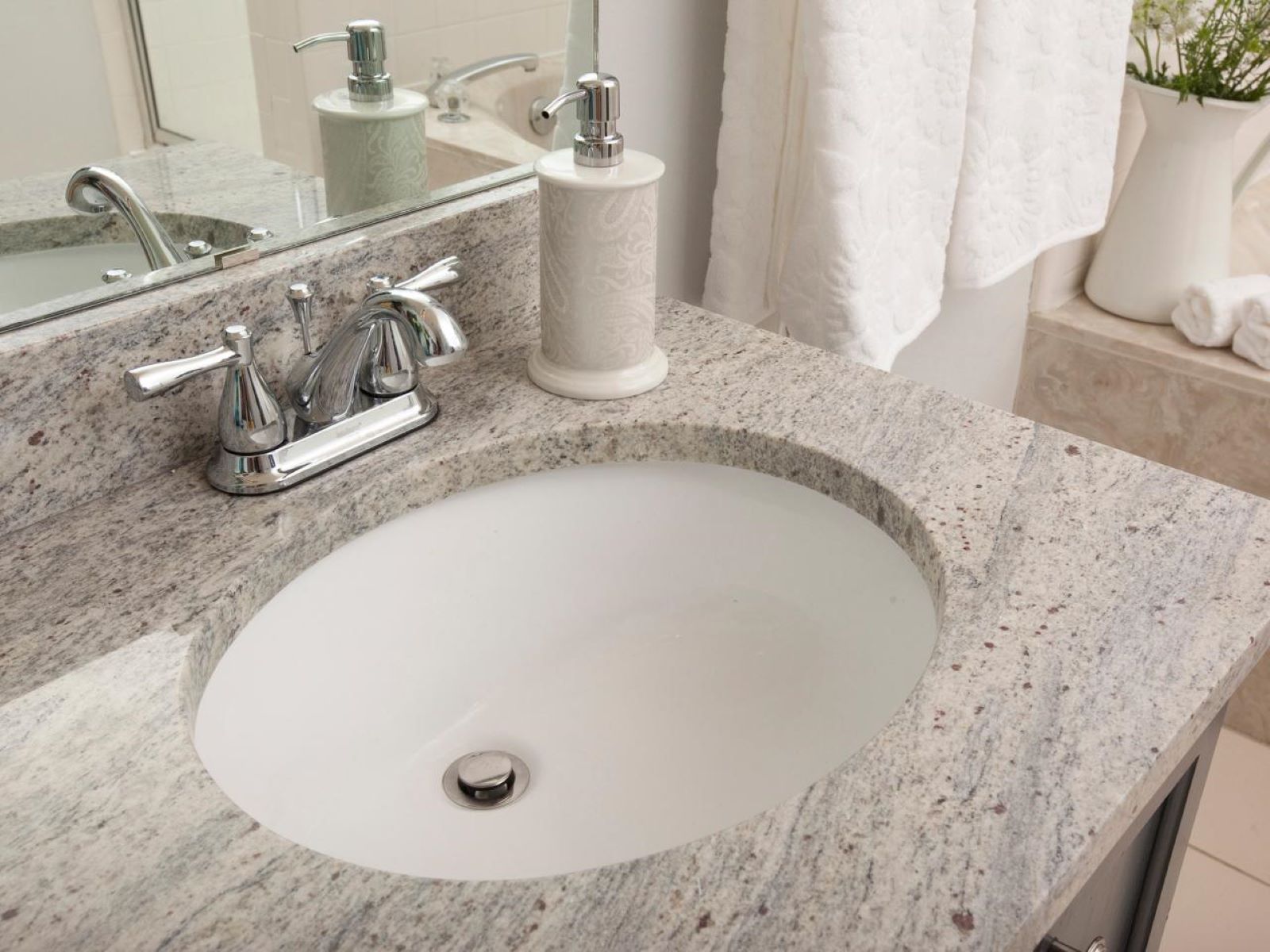
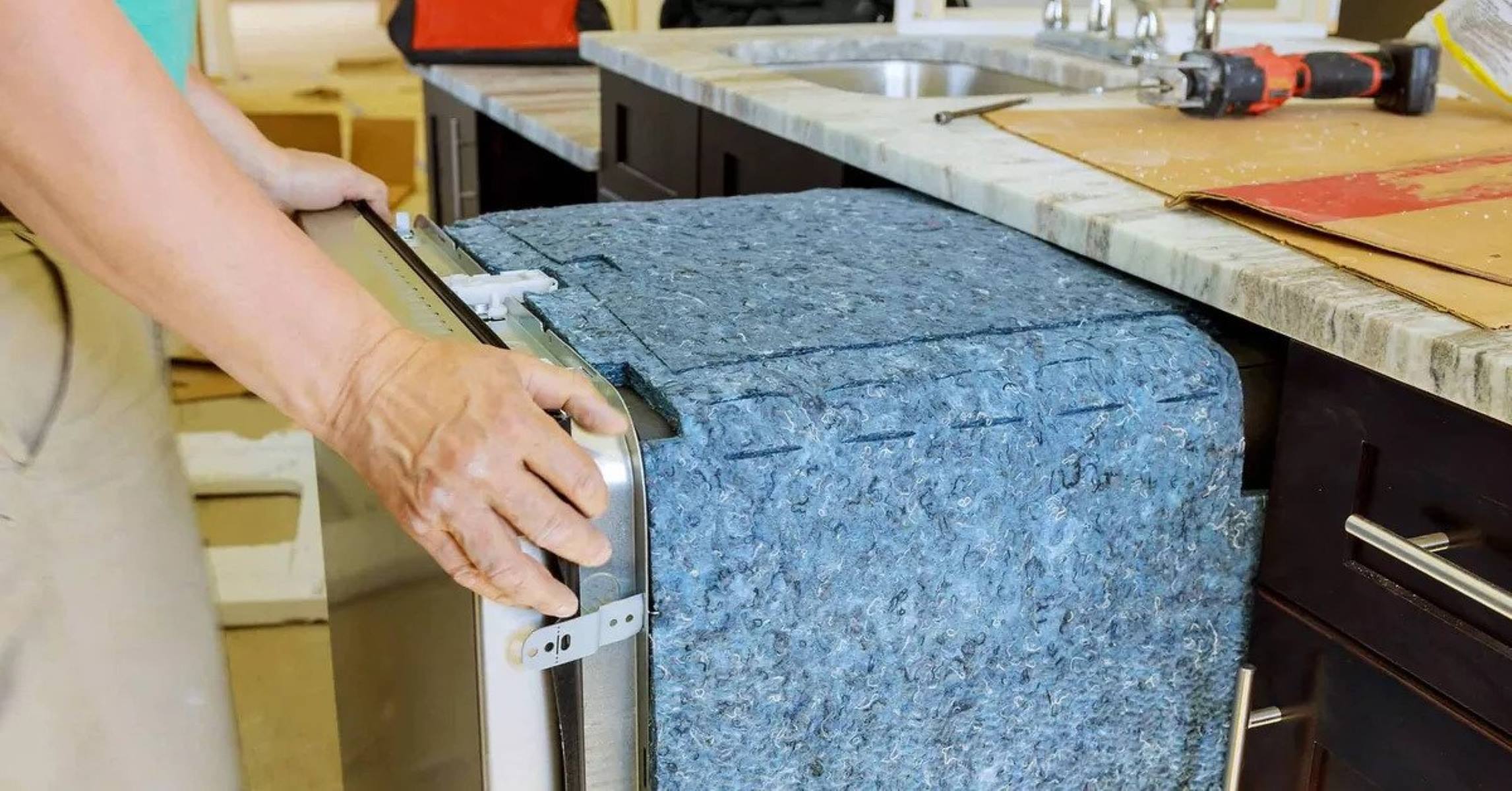


0 thoughts on “How To Dispose Of Granite Countertops”